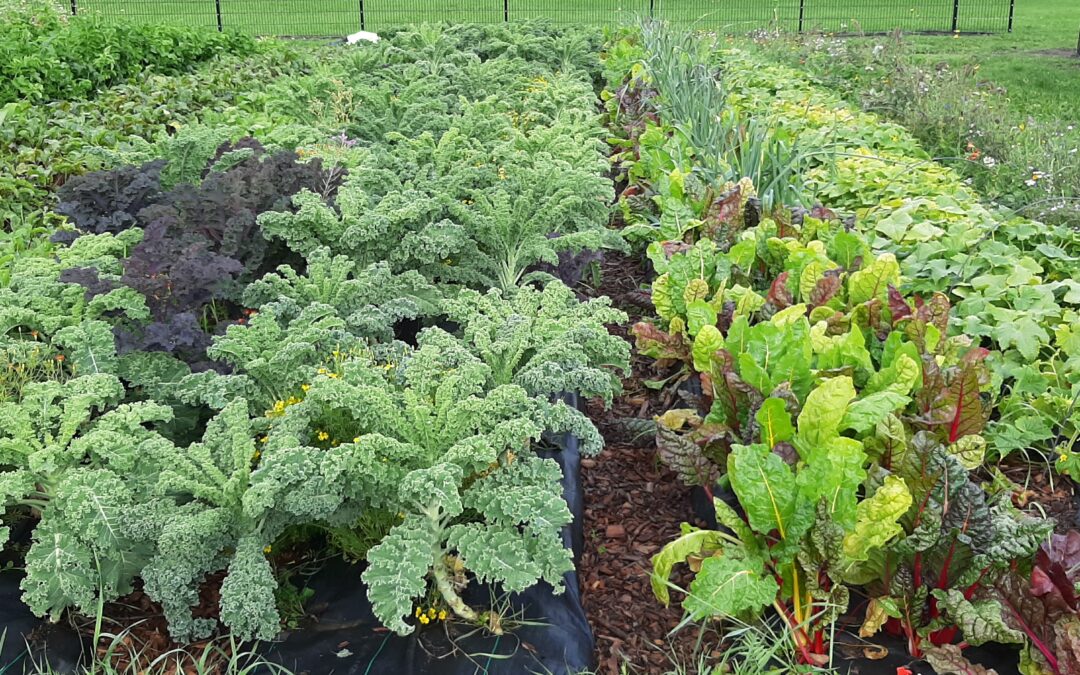Healing the Soils and Going Beyond Organic
One of the paradigm shifts in food system transition involves soil. Modern farming depends on heavy tilling and a myriad of fertilizers, pesticides, and other chemical inputs. New soil research suggests many of these practices are unsustainable.
Simplified, regenerative soil science advocates for a transition towards soil practices minimizing soil disturbance while maximizing photosynthesis, root growth and the overall soil ecosystem. This living web is collectively known as the Soil Food Web.
Could it be, that the soil ecosystem, correctly nurtured, might be better at supporting plants than we have been with our direct chemical approach? If so, the transition may call for a host of technical and behavioural changes at the very starting point of many food value chains, urban and rural. Further, it calls for some unlearning of conventional wisdom. Large business sectors may see their assets and influence decline. Innovation tends to disrupt.
At Ahlman urban school farm (part of Fusilli Tampere Living Lab) we are experimenting with gardening and farming solutions that are fully based on soilfoodweb knowledge and practices. The goal is to showcase the viability of this “advanced organics” that goes beyond organic towards soil and ecosystem regeneration. Many things must be done differently. Replacing chemical inputs with biological ones is not enough. Tilling practices, green manures, pest and soil management, annual cycles all need fine-tuning to this new soil paradigm.

Various feedstocks for bioactive composting. Credits: Ahlman
Yes, there is also a catch: we will probably need more human attention to our fields and gardens. Modern agriculture specializes in reducing the working hours per calory ratio, but this may be discontinued. That might not be a bad thing.
Our early results are promising and give reason to believe in efficient plant growing with little to no fossil inputs and at various urban and rural scales, like the proponents of Regenerative Agriculture maintain. We are working to share these practices with other Fusilli Living Lab partners and to design food transition accelerating educational practices in Tampere.
Ahlman Living Lab in practice
Composting is at the core of the soilfoodweb approach. We are not talking composting in the popular sense, where we just turn organic matter into something stable and useful, to get rid of waste. Instead, we are experimenting with scientifically controlled, thermophilic, aerobic composting operations wherein the various organisms needed by the soil and plants are vastly increased and pathogens removed. With high quality bioactive composts and extracts, few other inputs are needed to manage garden and farm soils. The food system core – farming and gardening – can now be partly separated from the fossil economy.
Ahlman is a small school farm. Having cattle on the premises allows for the best available feedstock for bioactive super-composts: fresh manure. Yes, sustainable plant production can benefit hugely if there are some grazing ruminants around. We have started experimenting with different recipes and applied the best composts and their extracts on our raised bed micro-garden. The results are beautiful.
Regardless of a tough growing season with heavy rains, droughts and heat waves, the raised bed crops turned out healthy and abundant. The crops of our small plot (1.000 m2) are all consumed and processed directly on site. School groups, Ahlman student groups and other related parties can now have hands-on experience in urban vegetable production and learn more about regenerative gardening and farming principles. Many groups have already visited our Living Lab.
We are looking forward to more learning about regenerative urban farming and also more sharing of our project results.
Antti Luomala
Project Manager
Ahlman, Tampere
Picture 1: Scenery from the permanent raised-bed garden. Credits: Ahlman Urban School Farm.
